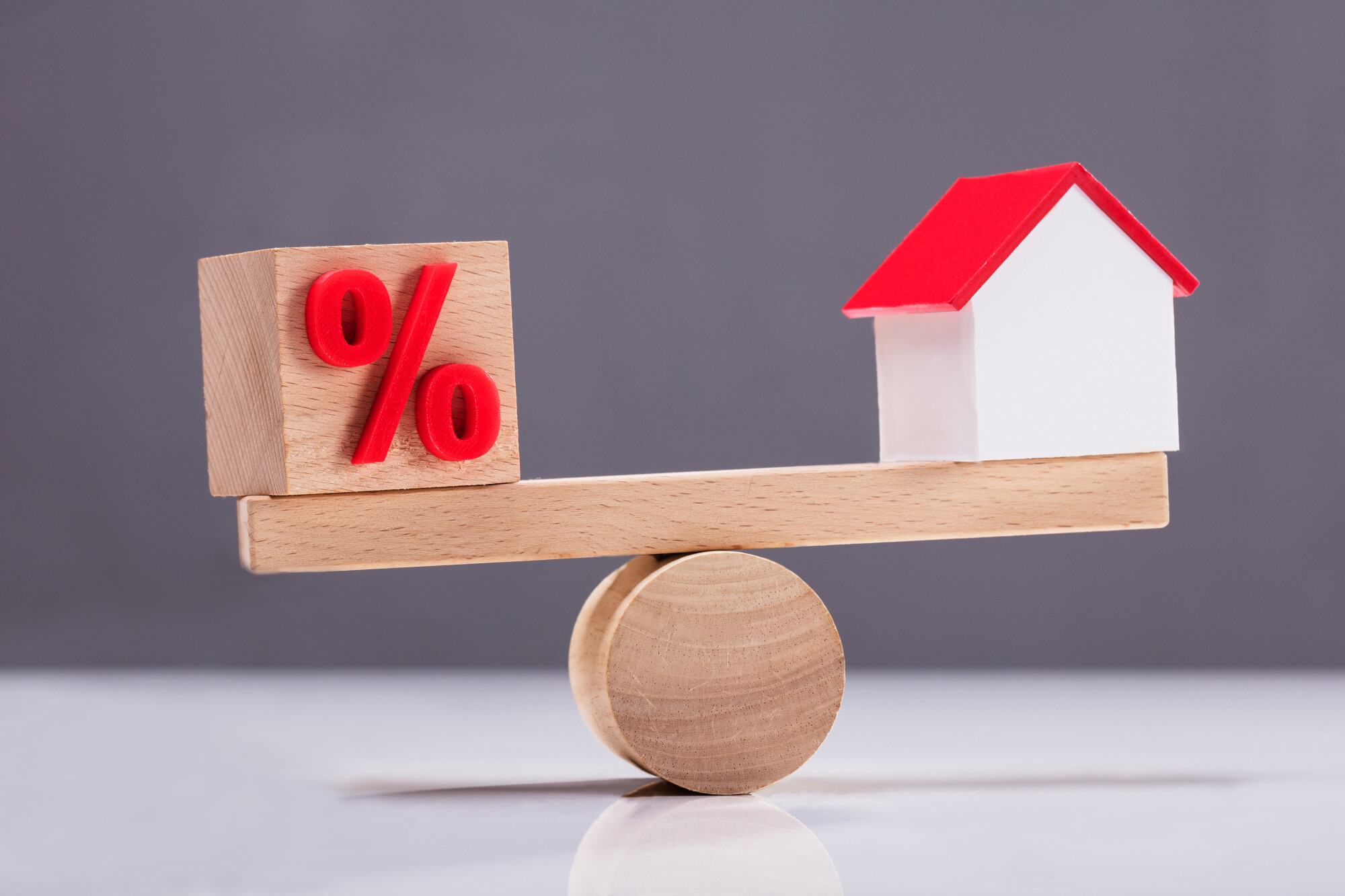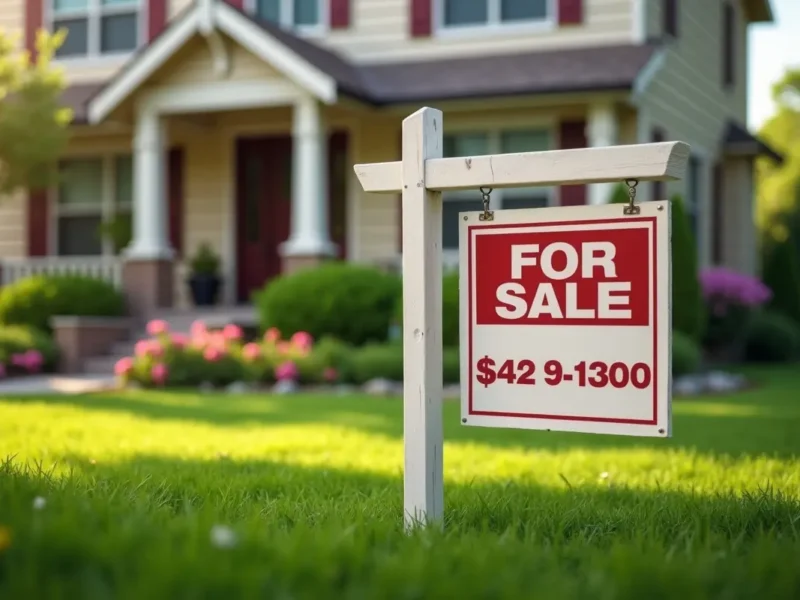In today’s lending market, mortgage rates fluctuate regularly.
It’s tough to keep track of how interest rates are changing. To make it a bit easier, there are two main types of mortgage interest rates. These are fixed-rate mortgages and variable-rate mortgages.
Do you want to know more about a fixed vs variable rate mortgage? If you do, read on to learn more about the differences between these two options.
Contents
What are Fixed Rate Mortgages?
A fixed rate mortgage is a loan where the interest rate remains the same for the entire loan’s term. This gives you stability and peace of mind of knowing exactly what your payments will be for the next 15 or even 30 years, which you can learn here about.
The interest rate of fixed-rate mortgages is usually locked in. Because of this, fixed-rate mortgages are typically higher than adjustable-rate mortgages (ARMs) at the onset, but over the life of the loan, you’ll save money if rates rise.
What are the Pros and Cons of Fixed Rate Mortgages?
With a fixed-rate mortgage, the monthly payment will never change. This can be beneficial because it allows the borrower to know exactly how much their mortgage payment will be each month without having to worry about interest rate increases.
It also means that the borrower can budget their monthly expenses more accurately. On the downside, these may have a higher interest rate than a comparable adjustable-rate mortgage initially, which means that the borrower will have to pay more in interest over the life of the loan.
What are Variable Rate Mortgages?
A variable rate mortgage is a type of home loan where the interest rate is not fixed but instead is adjusted periodically based on market conditions.
Variable-rate mortgages typically have a lower interest rate than fixed-rate mortgages, but there is more risk involved since your payments could increase if interest rates go up.
What are the Pros and Cons of Variable Rate Mortgages?
There are both pros and cons to having a variable-rate mortgage. Some of the pros include the potential for lower interest rates (meaning lower repayments), the ability to make unlimited extra repayments, and the ability to split your loan between fixed and variable rates.
However, some of the cons include the potential for higher interest rates (meaning higher repayments), the lack of certainty around repayments, and the fact that you may have to pay break costs if you exit the loan early.
Which Type of Mortgage Should You Choose?
This question has no easy answer. Both have their pros and cons that will be influenced by your personal circumstances. A fixed-rate mortgage protects you from interest rate rises, but you’ll have to take whatever the rate is when you sign up for the mortgage.
A variable rate mortgage gives you more control – you can choose to switch to a fixed rate if rates start to rise, or keep your payments lower if rates go down.
It really is a personal choice and you should speak to a mortgage advisor like the ones at Kingwood Mortgage Guys by visiting their homepage.
The Choice Between a Fixed vs Variable Rate Mortgage is Up to You
There are many differences between fixed and variable-rate mortgages. You can read through our guide above to help you understand both types of mortgages.
It’s important to understand the differences between a fixed vs variable rate mortgage. This will help you make the best decision possible.
Visit our blog for more guides like this today!



